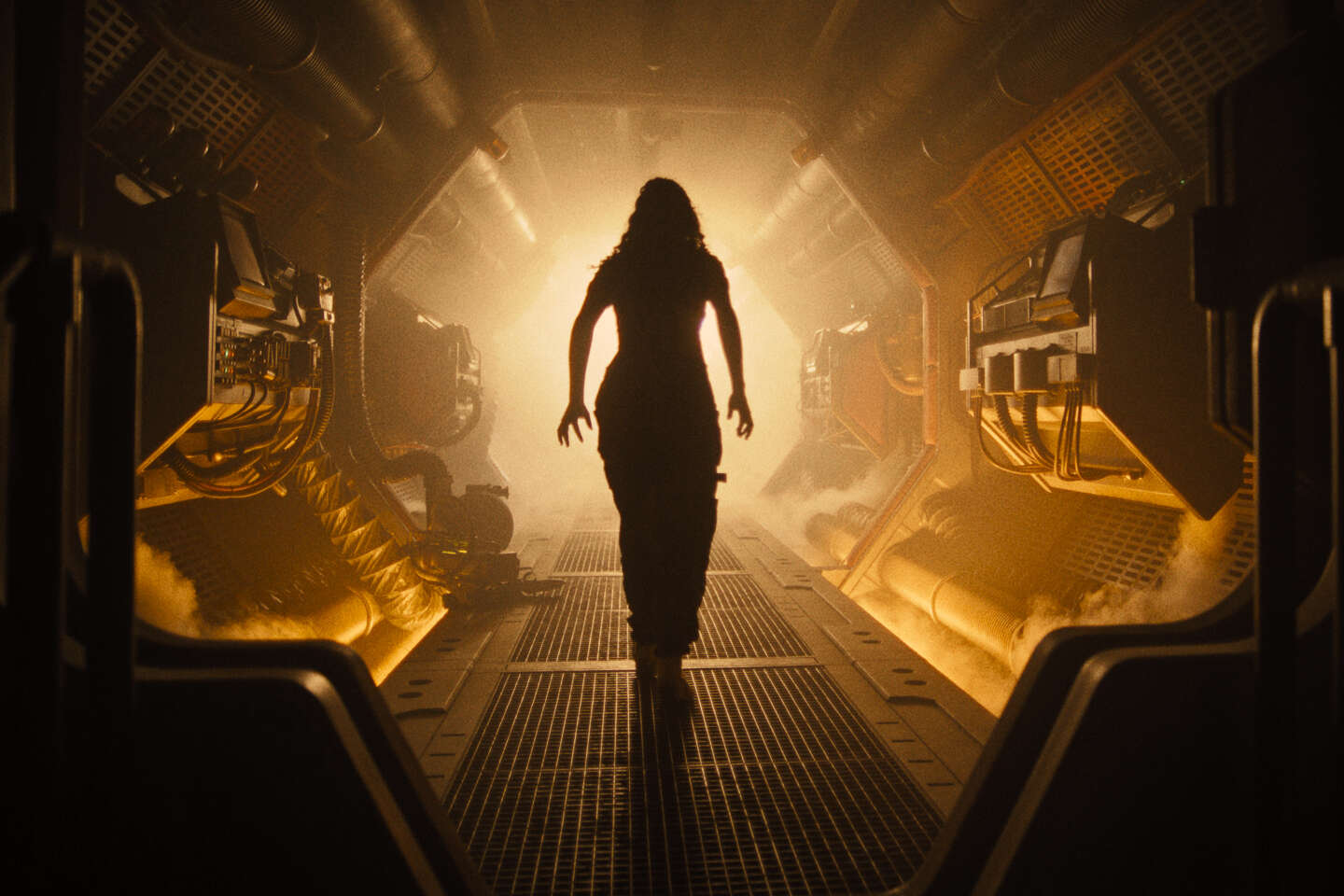LE MONDE’S OPINION – WHAT YOU SHOULD SEE
What can be done today with a saga like Alien? In its forty-five years of existence, it has seen shambolic sequels, untimely disconnections and reboots – and even unlikely crossovers such as Alien vs. Predator (2004) and Aliens vs. Predator: Requiem (2007). But never have these subsequent iterations recaptured the shockwave of Ridley Scott’s first installment, Alien: the Eighth Passenger (1979).
After the failure of Alien: Covenant (2017), which put a stop to the trilogy of Ridley Scott prequels starting with Prometheus (2012) and the takeover of 20th Century Fox, which became a Disney subsidiary in 2018, the challenge was to refresh the Alien brand and to give it new momentum. It was a tough assignment that fell to the Uruguayan-born director Fede Alvarez, who attracted attention with the ingenious Don’t Breathe (2016) and who had previously reworked a new version of Evil Dead (2013) for his mentor Sam Raimi. The project started by rejuvenating the cast with a troupe of twenty-somethings who give the film an overall impression of a juvenile SF.
On Jackson’s Star, a mining colony where the proletarian masses toil under the hegemonic Weyland-Yutani firm, Rain (Cailee Spaeny, who recently played in Alex Garland’s Civil War) dreams of escaping to another planet, alongside her surrogate brother Andy (David Jonsson), a defective android whom she looks after. The opportunity arises when a group of friends, who are space tug operators, suggest a daring undertaking: to steal the cryogenic capsules they need for a nine-year journey from an abandoned space station and under the nose of the company that owns it.
‘Foreign body’
The derelict space station conceals a top-secret laboratory dedicated to the study of a strange half-reptilian, half-arachnid foreign body, which a short time before, had exterminated the crew of the Cargo Star Ship Nostromo (the story is set between the first and second of the Alien movies). The site houses an incubator with dozens of specimens in gestation, and the patrol is soon attacked.
Despite the promising dystopian opening, Alien: Romulus falls back into an unsurprising rut of a horror killing game in a confined space, which is the saga’s trademark. Clearly, Fede Alvarez has studied the original series well, since, in his own way, he keeps harking back to it in a referential exercise that retraces and digests the first four films – right up to the view of a hybrid alien-human as portrayed in Alien Resurrection (1997), directed by Jean-Pierre Jeunet. Despite the whole process taking a fetishist turn, with the reuse of a host of motifs (a space universe marked by wear and tear, slime and smoke) and an analog patina that harks back to the 1980s, it is not enough to avoid a rehash, or the impression of a simple, outward makeover.
You have 39.83% of this article left to read. The rest is for subscribers only.

